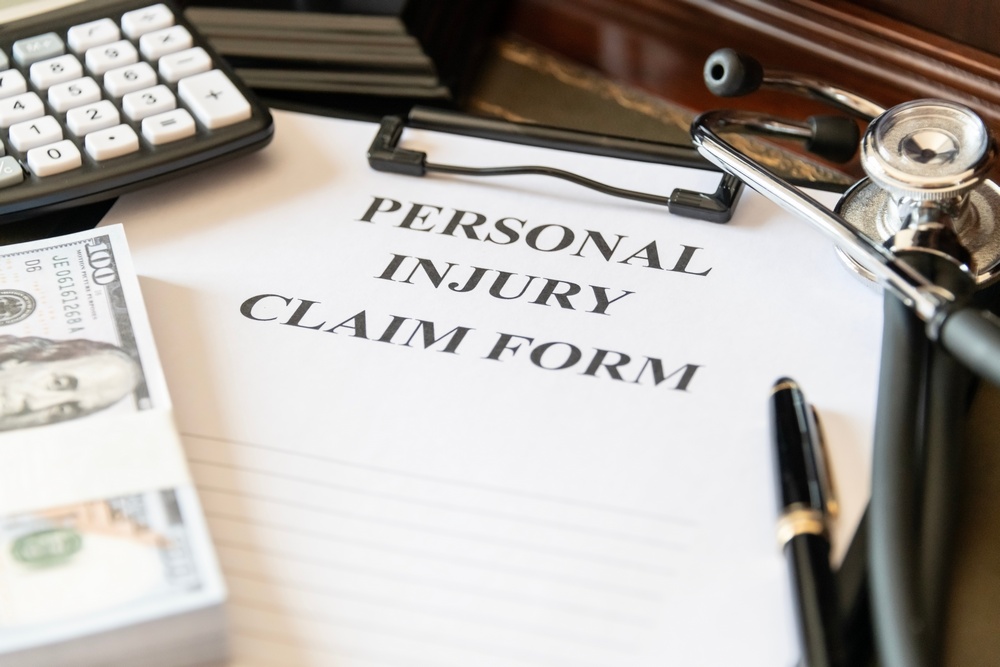In today’s vlog, we’re addressing an important and often confusing question that many people have: “Can I sue for emotional distress?” Whether you’re dealing with an injury yourself or have witnessed the suffering of a loved one, emotional distress can have a lasting impact on your life. In this video, Brian breaks down the different legal concepts surrounding emotional distress, explaining when you might be entitled to recover for it, and what the law in California says about these claims.
Emotional Distress vs. Pain and Suffering
One of the biggest areas of confusion when it comes to emotional distress claims is the distinction between emotional distress and pain and suffering. While both concepts deal with the mental and emotional impact of an injury, they are handled differently in the eyes of the law.
If you’ve been injured in an accident, whether it’s a car crash, slip and fall, or another incident, you may be eligible to file a claim for pain and suffering as part of your overall personal injury case. Pain and suffering refer to the physical pain, emotional trauma, and mental anguish you’ve experienced due to your injury. This type of claim typically arises from physical injuries you’ve sustained, such as broken bones, burns, or whiplash, that have caused pain, inconvenience, and emotional distress.
The good news is that yes, you can sue for pain and suffering in California if you’ve suffered physical injuries. This type of claim is often a significant part of your recovery in personal injury cases. In fact, the amount you recover for pain and suffering can often exceed your medical bills and lost wages. It’s meant to compensate you for the mental anguish, emotional toll, and lifestyle changes that stem from your injuries. For example, if your injury has caused you chronic pain, hindered your ability to work, or impacted your daily life, you could receive compensation for that suffering.
Emotional Distress in the Absence of Physical Injury
The second type of emotional distress arises when you’ve experienced distress due to someone else’s injury; for example, if you’ve witnessed a loved one being injured or lost a family member due to negligence, like medical malpractice. This area of law is much more complex and is tightly regulated in California.
For instance, if your child has been injured or a parent has passed away because of a medical error, you may be able to seek compensation for emotional distress, even if you weren’t physically harmed yourself. However, the law imposes strict rules on these types of claims. California requires that the distress you’re claiming must be caused by witnessing or being involved in the traumatic event, and you must show a close relationship to the person who suffered the injury.
The Legal Complexities of Emotional Distress Claims
This area of law is much more intricate, and the eligibility for emotional distress recovery in cases without physical injury depends on several factors. For example, in California, if you’re seeking emotional distress damages because you witnessed a traumatic event, the law will look at the closeness of your relationship to the person who was harmed. This is typically seen in cases where a parent witnesses the injury of a child or a spouse witnesses the harm of their partner.
In addition, California law limits claims for emotional distress in these circumstances, making it essential to seek legal guidance if you believe you have a valid claim. There are specific rules regarding bystander emotional distress, and proving your case can be difficult without expert help.
Need Help With Your Emotional Distress Claim?
Whether you’re dealing with an injury of your own or are seeking emotional distress damages due to the injury of someone else, it’s important to understand the complexities of California law and the specific requirements that must be met. If you’re unsure whether you have a case or need help navigating your legal options, Findley Law is here to help.
Our team of experienced personal injury and medical malpractice lawyers is dedicated to helping you understand your rights and get the compensation you deserve. If you think you may have a claim for emotional distress or pain and suffering, call Findley Law today at 619-860-1712 or visit our office at 1620 Fifth Avenue, Suite 625, San Diego, CA 92101. Let us help you understand your options and take the next step in getting the compensation you deserve for your emotional distress.




